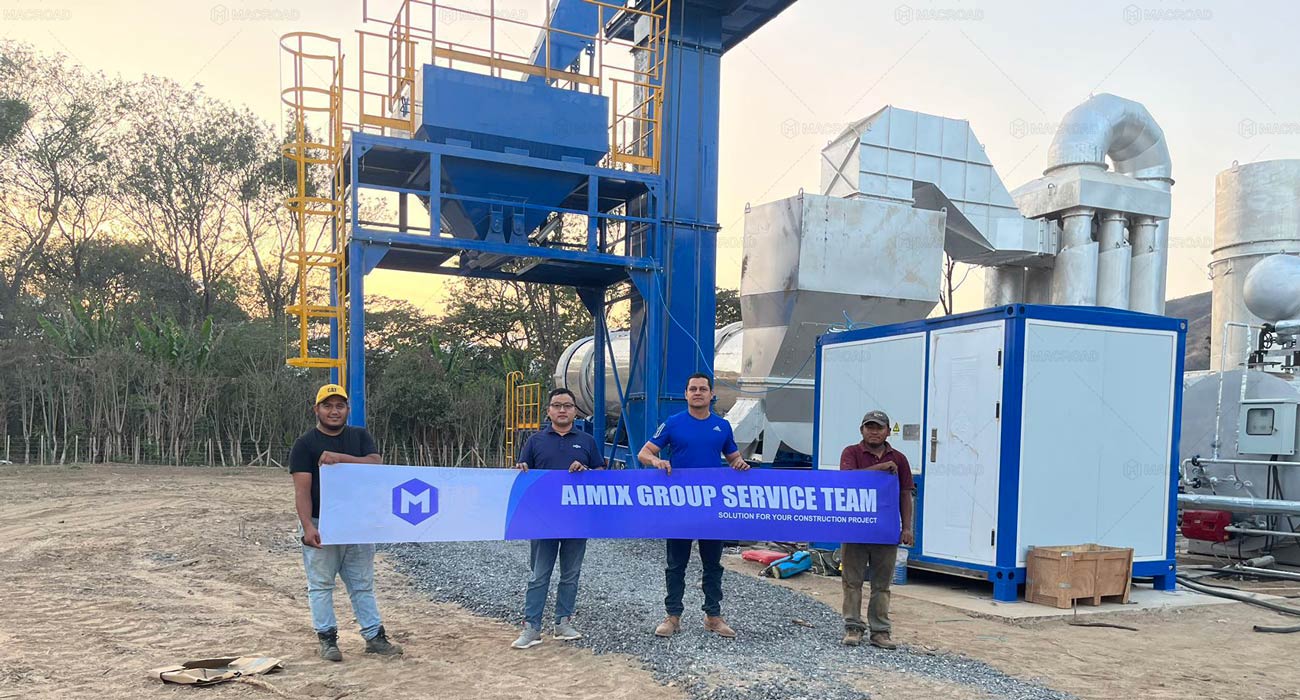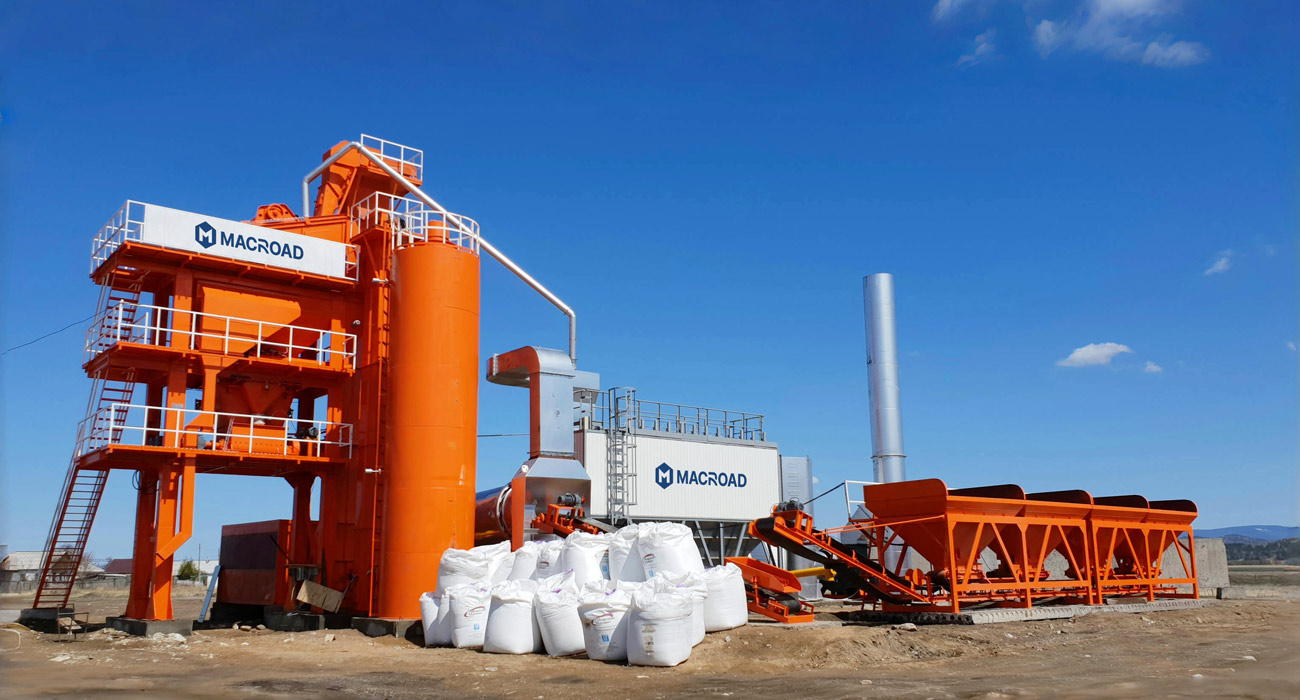Categories
Tags
-
#asphalt plant
#stationary asphalt plant
#mobile asphalt plant
#Batch mix asphalt plant
#Drum Mix Asphalt Plant
Archives
Ensuring Emergency Preparedness for Reliable Asphalt Plant
-
An reliable asphalt plant must not only guarantee the stability of its equipment but also possess emergency capabilities to address unexpected situations. Issues like temporary power outages, raw material supply shortages, and sudden temperature fluctuations can lead to production halts if not managed properly. This article outlines how to design effective emergency protection measures and standardized operating procedures to maintain production continuity and mitigate economic losses.

Designing Emergency Protection Measures
To ensure that an reliable asphalt plant can withstand unforeseen challenges, designing robust emergency protection measures is essential. One critical component is the configuration of backup generator sets. These generators provide an alternative power source during outages, preventing complete production shutdowns. By integrating these systems into the plant's infrastructure, operators can ensure that essential functions remain operational, allowing for a seamless transition back to regular production.
Another vital measure is establishing emergency raw material reserves. These reserves act as a buffer during supply shortages, ensuring that the plant can continue to operate without interruption. By carefully calculating the necessary quantity of materials to maintain production during emergencies, plant managers can effectively mitigate the impacts of unexpected shortages. This proactive approach bolsters the plant's reliability and enhances operational resilience.

Implementing Temperature Compensation Devices
Temperature fluctuations can significantly affect the performance of asphalt plants, impacting both equipment function and mixture quality. Installing temperature compensation devices is a proactive strategy to address these challenges. These devices help regulate the temperature within critical components, ensuring that the asphalt mixture remains within optimal ranges for production.
By maintaining consistent temperatures, asphalt plants can improve mixture quality and reduce the risk of equipment malfunctions. This reliability contributes to the overall efficiency of the plant, enabling it to withstand external temperature changes without compromising performance.

Formulating Standardized Emergency Operating Procedures
In conjunction with technical measures, formulating standardized emergency operating procedures is key to ensuring an reliable asphalt plant can respond effectively to unexpected situations. These procedures should include clear steps for restarting equipment after a power outage. Having a detailed protocol in place minimizes downtime and ensures that personnel are well-prepared to react quickly.
Additionally, specifications for using alternative materials when raw materials are in short supply should be established. This flexibility allows the plant to adapt to supply constraints without halting production. By training staff on these procedures and integrating them into daily operations, asphalt plants can enhance their emergency preparedness and maintain basic production levels during crises.

Training and Continuous Improvement
To fully realize the benefits of emergency protection measures and operating procedures, ongoing training and continuous improvement are essential. Regular training sessions ensure that all personnel are familiar with emergency protocols and can execute them efficiently when needed. This preparedness not only enhances the plant's reliability but also fosters a culture of safety and readiness.
Furthermore, conducting regular drills and reviews of emergency procedures allows operators to identify areas for improvement. By analyzing past incidents and adjusting protocols accordingly, asphalt plants can refine their emergency response strategies over time, ensuring that they remain robust and effective in the face of new challenges.
Conclusion: Building Resilience in Asphalt Production
In conclusion, an reliable asphalt plant must be equipped with emergency capabilities to navigate unforeseen circumstances effectively. By designing comprehensive emergency protection measures, implementing temperature compensation devices, and establishing standardized operating procedures, asphalt plants can maintain operational continuity and reduce the risk of significant economic losses. Continuous training and improvement further enhance these efforts, ensuring that the plant remains resilient in the face of challenges, ultimately supporting successful road construction projects and infrastructure development.




